Fourth Rule: Only Two Gals To A Fight
Moritz Geiser on Why Does Helen Koch Commit Serious Vehicle Theft?
Now nominated for the New Critics & New Audiences Award 2024, Moritz Geiser discusses the female characters at the center of his raging hyper-modern fable.
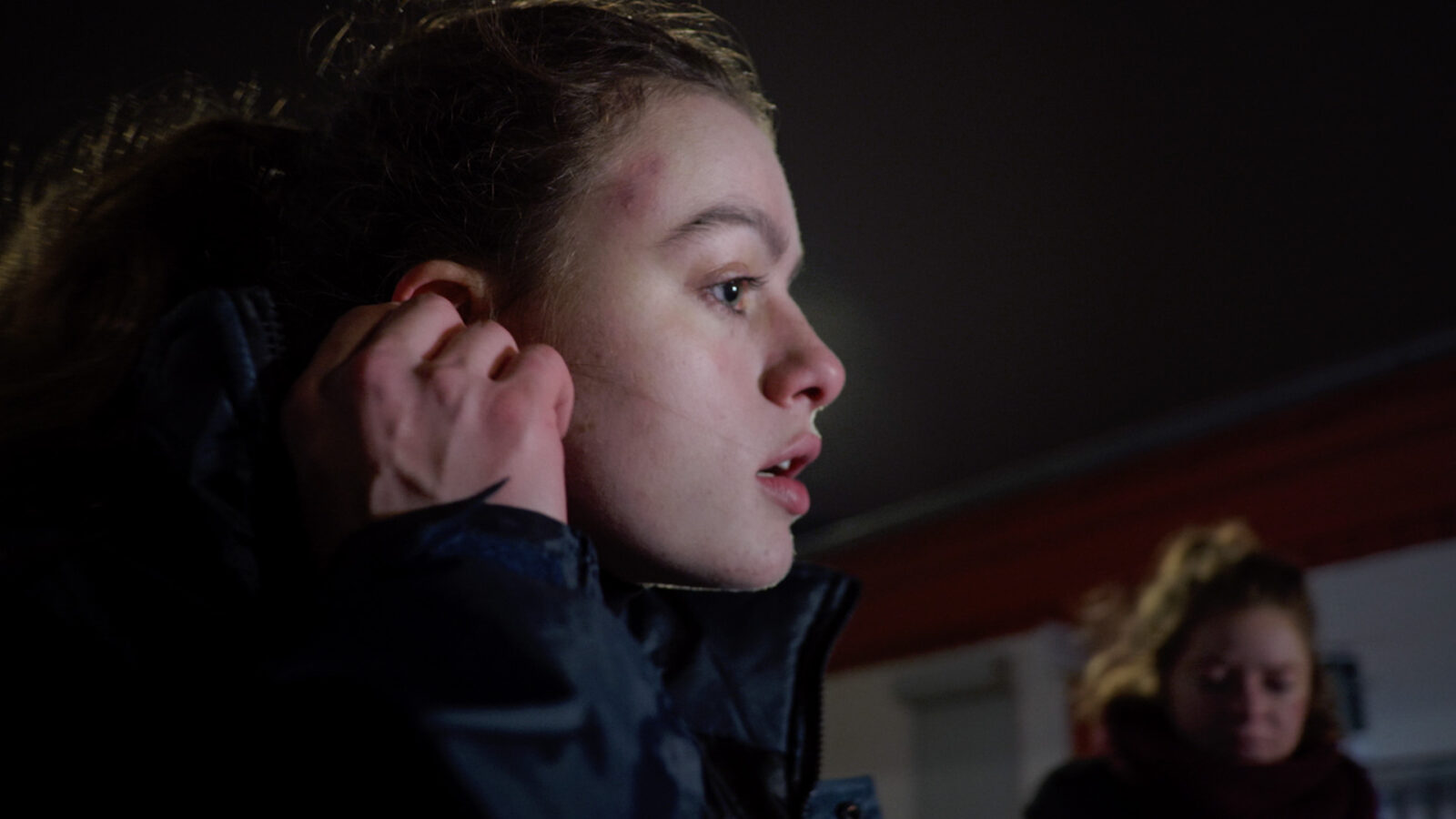
Lever––clink. Next. Lever––clink. Next. Scroll down. Scroll. Next. Moritz Geiser’s Why Does Helen Koch Commit Serious Vehicle Theft? opens on a small parade of repetitive actions and internet media to be seen numbly on a computer screen. Here’s the setting: the great capitalist 2020s. A sense of neo-malaise is doubled by an accumulating frustration—a need for a concrete, violent interaction with the real world. What’s a girl gotta do to shake it off? Commit serious vehicle theft, obviously.
Why Does Helen Koch Commit Serious Vehicle Theft? begins as a realist teacher’s room drama, only to end in a full absurdist territory where reality has been sublimated into a video game. As an in-school argument between a teacher (Helen) and a student (Mia) escalates to a parking-lot confrontation, Geiser’s film is a ride through different genres, from the more classical tone of the German arthouse film to a female variant of Fight Club (1999), and then to an elaborate visual nod to Grand Theft Auto. After gradually leaving behind a conventional school setting, violence breaks out, and logic breaks apart; soon enough, we’ve found ourselves inside a ludicrous and hyper-modern fable about letting out the rage within.
“I wanted to see what happens if I take these German tristesse characters and throw them into this kind of Hollywood scenario”, says Geiser about the film’s drastic shifts in register and unusual story. “Films are exciting because anything can happen. I do have a passion for these dry and more precise observations of psychological situations [like in the first part of the film], but why would you limit yourself to telling a story about a German school and keep it realistic?”, he asks. “There are all these tools that are available”, remarks Geiser, underlining his desire to experiment with different traditions and media landscapes, from incorporating YouTube videos to remixing other influences from popular films. “I guess it’s a lot about me trying to find what kind of films I want to make, or what I believe in, in terms of filmmaking,” he adds, with Why Does Helen Koch being only his second film as a director.
When Helen and Mia return to the parking lot and realise how liberating their late-night fighting has been, the reference to Fight Club is overt, although hardly as a tribute. “I had seen it as a teenager,” says Geiser of the David Fincher film, “of course, I found it cool back then. When I saw it again many years later, I was horrified by how badly it had aged. I think it was meant to be a film about toxic masculinity, but, by now, it’s turned into a Bible of sorts on the subject, [especially for some right-wing young men]”. While not exactly a piece of feminist cinema, Why Does Helen Koch’s female spin on the story reclaims a certain idea of violence in a context where its depiction on screen has often been stereotypically male-coded.
“You rarely see female characters simply enjoying violence or being unpredictably violent,” underlines the filmmaker, addressing the more fun aspects of fighting as it features in his film. He hints at the choreographed roleplay between Helen and Mia and how they seem rather excited to partake in it. “In movies, very often, when women become violent, they are on some kind of revenge journey, or it’s about a man that may have done something to them”, he further stresses. For Geiser, it was also crucial that these female characters were not particularly “glamorous or heroic,” which adds to the gauche, if not comical, tone of their fighting. It also creates a point of relatability—they could be anyone. This kind of untapped rage lurks within all of us.
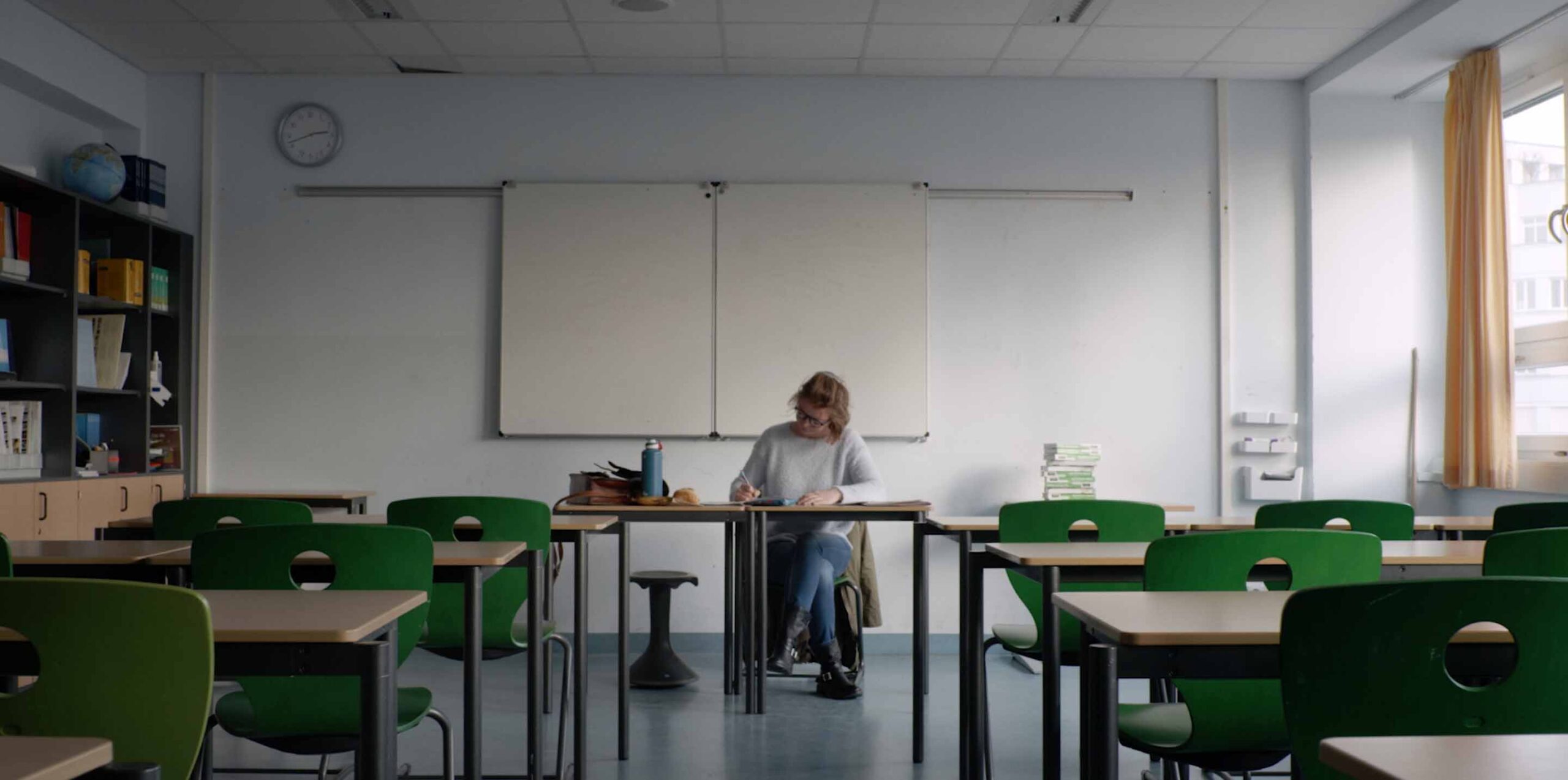
Why Does Helen Koch Commit Serious Vehicle Theft?
Geiser’s intent to remix, to some extent, Fight Club’s premise also bears a touch of what he describes as his passion for martial arts films. Fascinated by their choreographic and performative aspects, he emphasises these being two key elements in the short’s fighting sequences. “I was afraid of violence in real life, but I found the idea of people meeting up, practicing choreography, and then doing this dance that looks like a fight soothing. It felt liberating to me that people would deal with violence in such a way. It’s tender—when choreographing a fight, you must be really careful with each other.” In a world of so little genuine and authentic interaction, Helen and Mia’s fighting becomes almost like a form of communication, articulating, if not solving, their enmity as much as, perhaps, their personal, internal conflicts.
As to the titular question of what moves Helen Koch to commit violence, the opening montage of brain-numbing ‘content’ might indicate an answer. Geiser explains that for him, it’s a matter of modern anxieties. He elaborates that he had “always felt that what she’s suffering from is a certain kind of loneliness, one that also has to do with life in 21st-century capitalism, as much as with a [increased] digitalisation and many things moving online.” Helen seems to seek a form of reconnecting to the natural, material world. “There’s this desire to grasp, to understand this very complex and non-physical world, and to break it down into something you can hold on to with your hands.”
The fighting, however, is not the only form of violence in the film. While these YouTube compilations of factory workers and repetitive labour show Geiser’s interest in today’s various visual media textures, they also showcase a different, less apparent meaning. “What they show is economic, or systemic violence, where people in another part of the world have to work in a shitty factory, only do the same hand movements all day, and get paid very little for it.” This form of imbalance contrasts with Helen and Mia’s concrete, hands-on and very direct form of fighting, suggests Geiser. “[The content of the videos] is, in a way, super violent, but it’s not something that you can fight with your fists or that you would even know where exactly to start to do something about.”
As much as Helen, alone in her apartment, seems to be sucked into an internet blackhole by the videos she consumes, Geiser stresses he wasn’t trying to do a form of media critique but rather that he wanted to capture the world as it is in this moment. “Sure, [there is this dimension] of the profit maximising algorithm pushing up lower and lower forms of entertainment because people go for it, like an addiction. But, in a way, I also find beauty in these kinds of videos. I think it always works like this, that the violent aspects of our world become fetishised, and there’s a fascination about such images.”
For Geiser, this beauty also extends to his keenness to experiment with genres or include media from outside of cinema—in a time when cinema, too, can be very many things. “I’m not a cultural pessimist,” he says. “The doom scrolling is horrible, but many cool things are being produced. I love the kind of microfilms that people produce and put on TikTok. Some are like five-second masterpieces in terms of humour.” Part of this appreciation is what sparked the influence for the film’s ending.
High on adrenaline, Helen and Mia go on to commit crimes, slipping into hyper-smooth, unnatural movements as they yank strangers out of cars. The camera moves farther away, shifting the image into a player-mode perspective. To the experienced pop-culture navigator, the familiar feeling will kick in instantly—this is very much like a scene from Grand Theft Auto. Geiser confesses he’s not a GTA or computer games fan in particular but that a friend showed him a trend where people on social media were imitating movements of virtual characters from their favourite games. “We studied a lot of GTA videos and how other people made these homages. They also imitate the camera work of the game, and I found that particularly impressive”. He set it as a challenge for himself; what would happen if someone included this language in a narrative film?
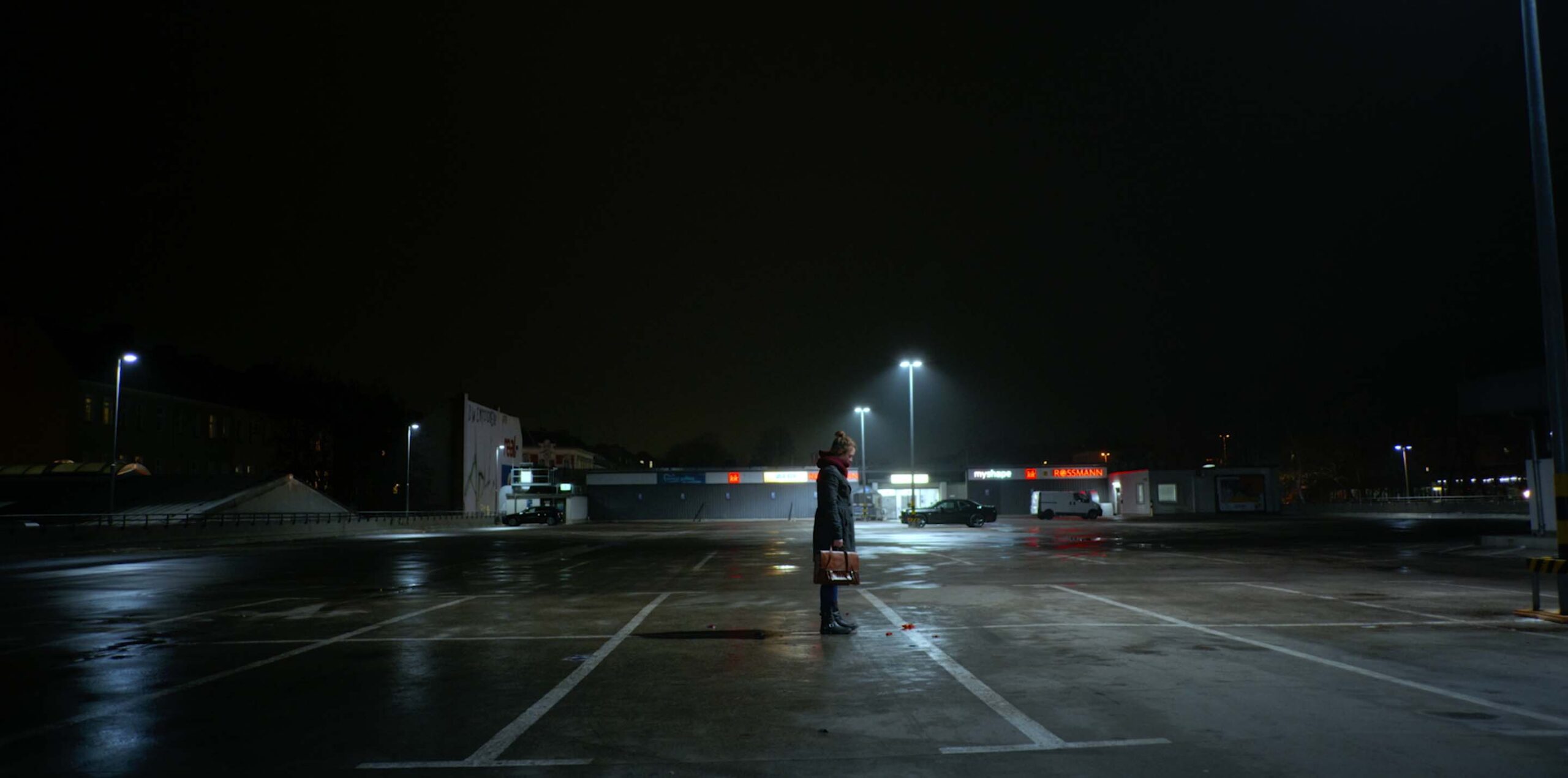
Why Does Helen Koch Commit Serious Vehicle Theft?
Aside from the more surrealist tone of its ending, Why Does Helen Koch’s realistic, classical-narrative segment from the beginning also seems slightly unusual in this context. Geiser also puts a different spin on the typical school drama by making Helen Koch quite the lousy teacher. She’s hardly likable and far from being the pinnacle of authority or reliability you’d expect from her role. Called to the principal’s office to discuss Mia’s initial accusations against her, Helen says awful things to the girl, but only when she’s ensured no one else is watching. Mia may seem no better herself: she’s known to be a problem student and frequent liar, albeit her father suggests it’s a cry for help. Why Does Helen Koch feels particularly in tune with a recent streak of films exploring the changing dynamics in the teacher-student relationship, such as The Teacher’s Lounge (2023) and Monster (2023), where teachers are struggling with authority and their own weaknesses, or Another Round (2020), where they’re outright idiots.
Geiser jokes that Helen’s character may have been partially inspired by his experience as a psychology teacher and by realising how hard it is to be a good teacher when you’re young and have only so much wisdom to impart. Commenting on why he wanted to make a different kind of school drama, he also underlines that the fate of a teacher, as a representative of the school, is determined structurally: “There is this tradition of films about school that is very unrealistic and features some romantic notion that one very engaging teacher could heal the trauma of one troubled teenager by teaching them Shakespeare and whatnot. I think this is a ridiculous notion because most of the time [what happens] with both the teachers and the students is determined by the school system itself, which is an extremely hierarchical structure that doesn’t give you much freedom.”
Why Does Helen Koch Commit Serious Vehicle Theft? is, ultimately, about escaping a system. In the so-called arena of a bleak supermarket parking lot, Helen and Mia become equals. On the one hand, their violent interaction provides that visceral, concrete element that has been missing from their online, hyper-connected-to-the-point-of-disconnection lives. On the other hand, their fighting game liberates them from an accumulated rage, from their personal anxieties, and from their previous roles. As Moritz Geiser describes it, “[our film] is a fantasy of emancipation and becoming someone else, of breaking out of this role that you have in an institution or within society.” It is perhaps what we’d all aspire to do if the system allowed us.
Why Does Helen Koch Committ Serious Vehicle Theft? was nominated for the New Critics & New Audiences Award at Lago Film Fest by Öykü Sofuoğlu, Florian Saerens, Francesco Bacci, Nini Shvelidze, Nika Šmid and Agnès Houghton-Boyle, the participants of the European Workshop for Film Criticism #2.
All six nominated films are available to watch from February 7 to 21, 2024. Create an account to vote for your favourite film. The winner receives a cash prize of €1000,-. Participants can win a one-year subscription to This Is Short, the European streaming platform for short films.
New Critics & New Audiences Award is a project by the European Network for Film Discourse (The END), hosted by Talking Shorts, and funded by the Creative Europe MEDIA Programme. With the support of This Is Short.


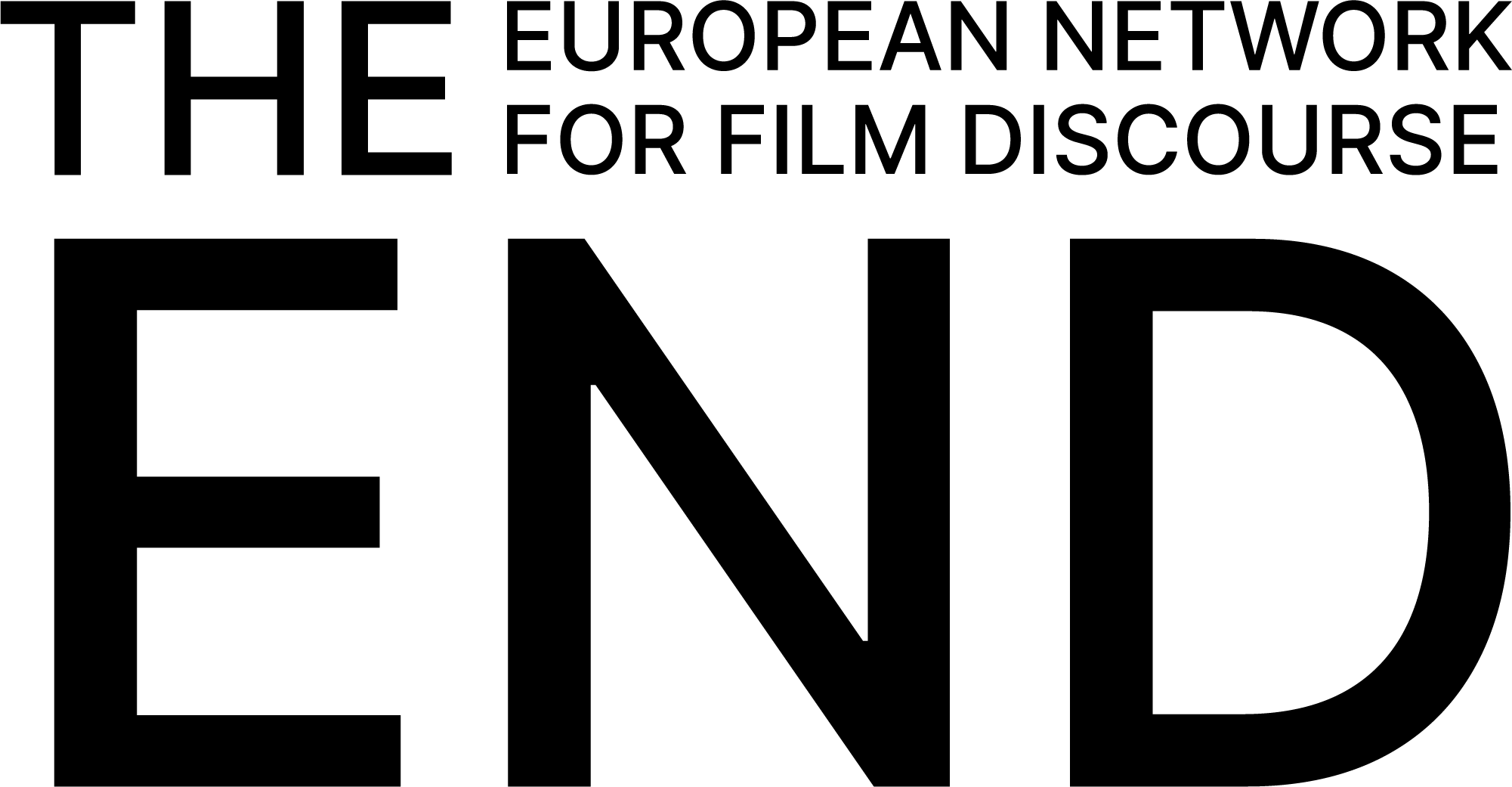

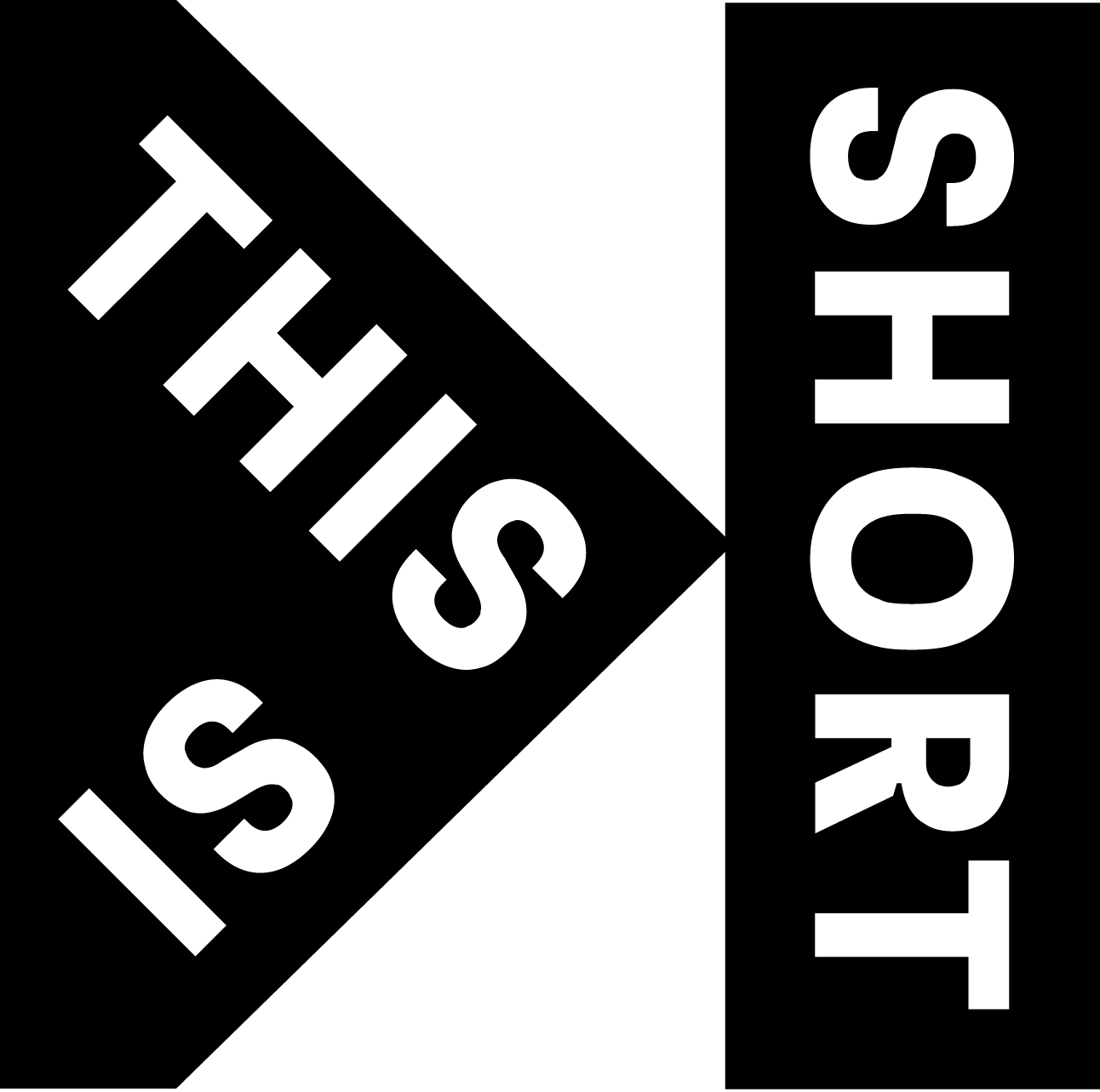

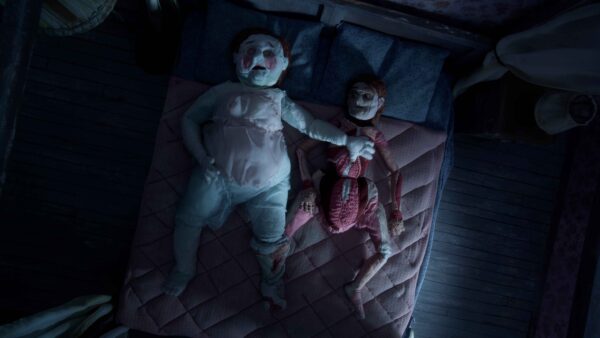


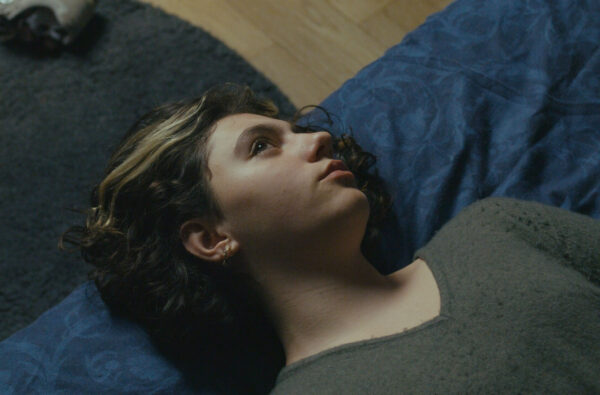
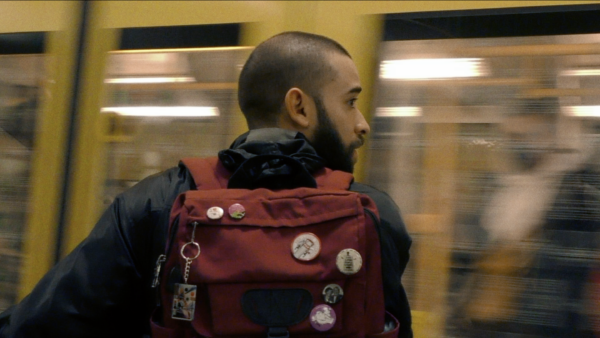

What a movie! I loved how the story stayed unpredictable. The chemistry between the main actresses was electric!